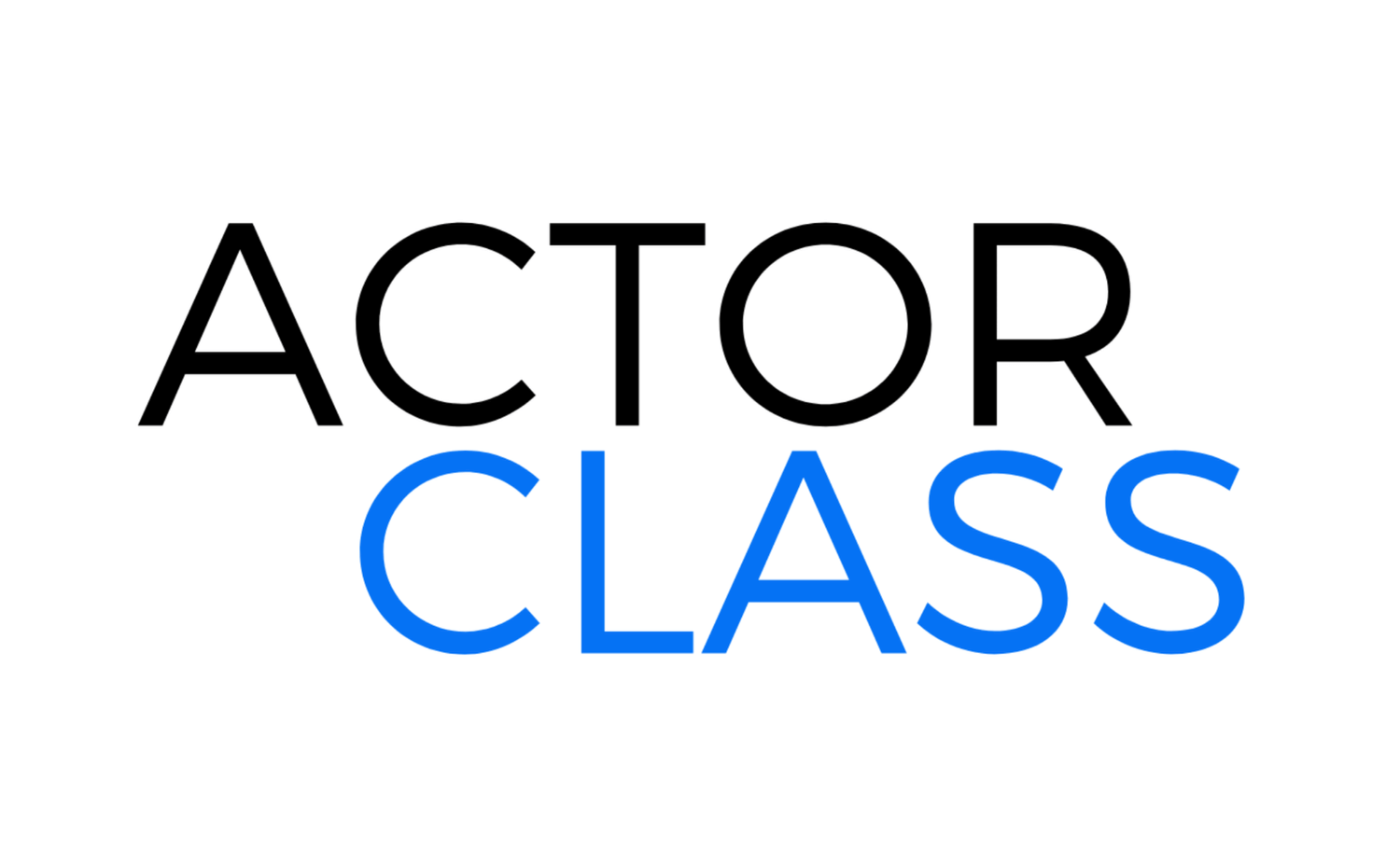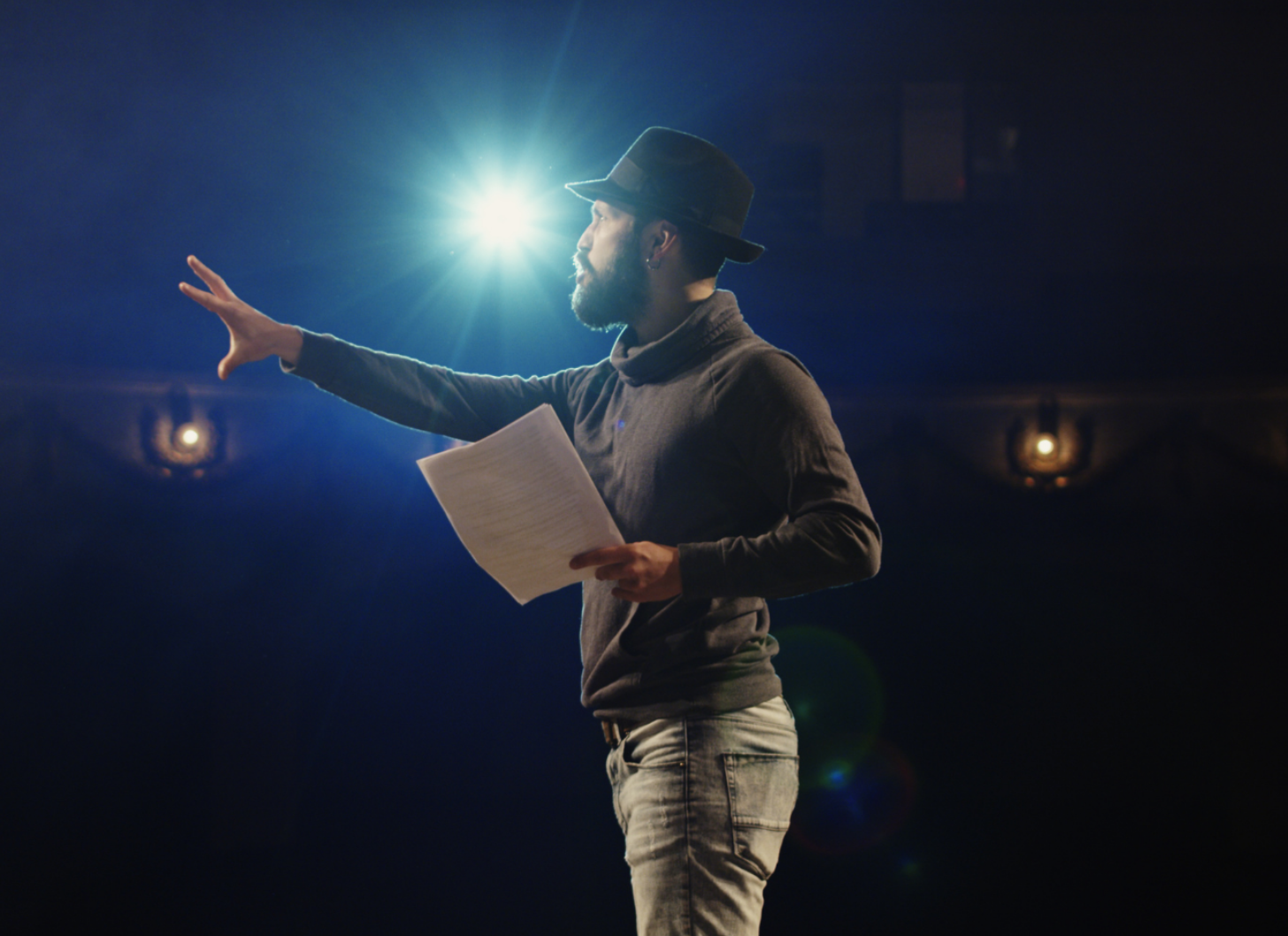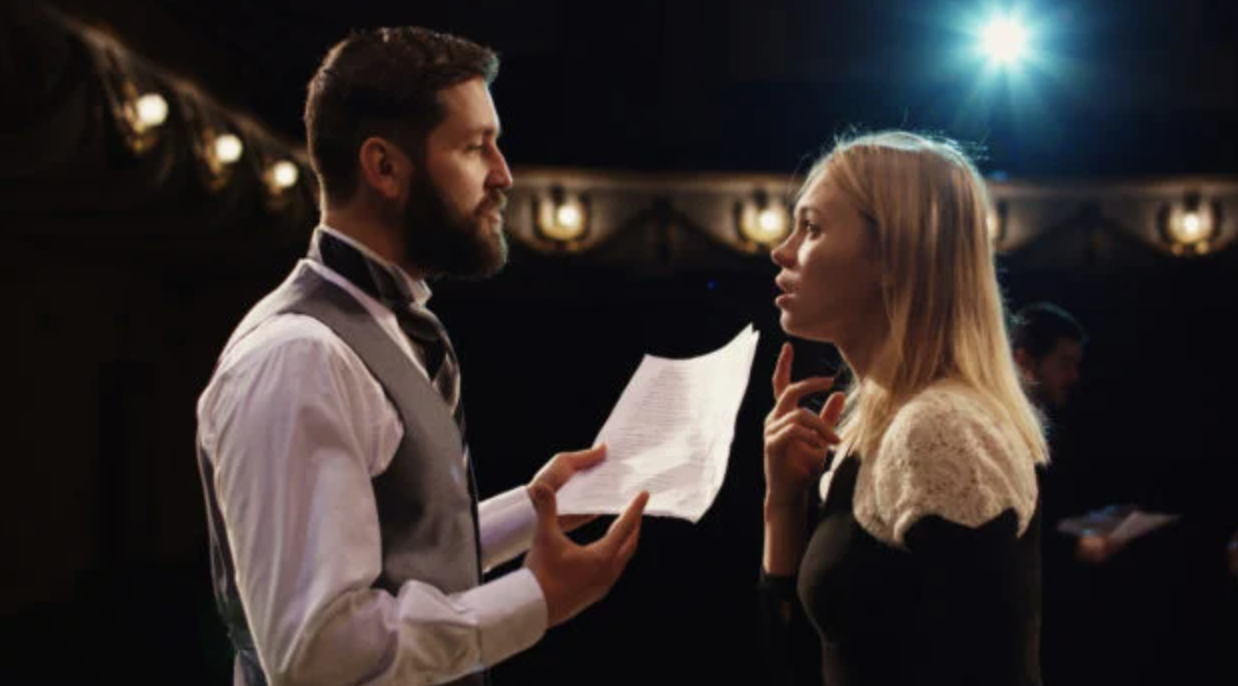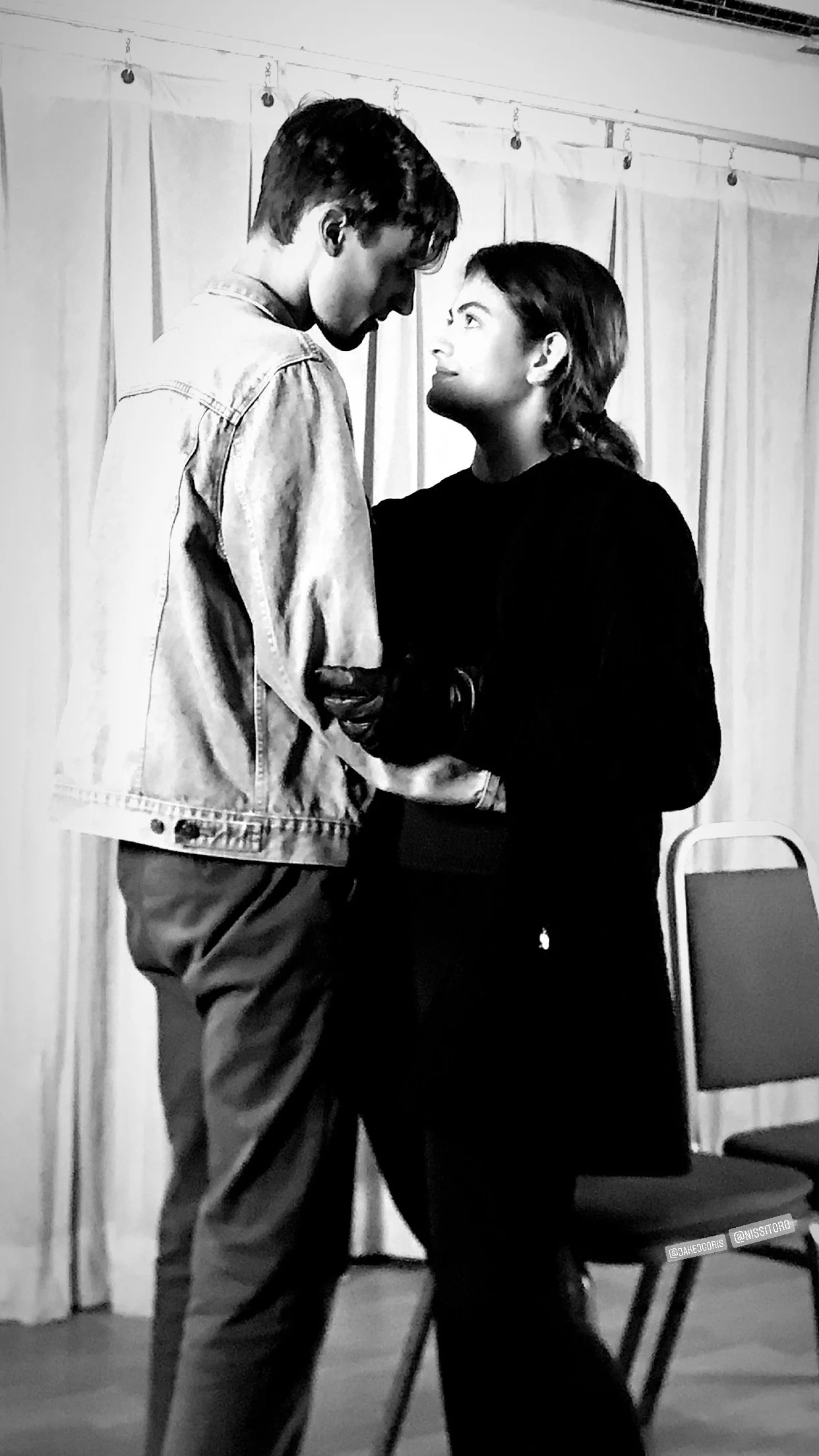PHILOSOPHY
Since 2001, ActorClass has served as an oasis where performers of all levels discover and hone the art of acting. While instilling first-hand knowledge about what it takes to carve out a career in film, television, and Broadway, our studio approaches acting with a focus on experimentation, creative risk, and common sense. If you've taken acting classes before, then much of what is said here will hopefully shake your foundations enough to make you ask yourself a few basic questions:
DO YOU USE “TECHNIQUES”?
Acting requires self-discipline, a deep love of self-expression, endless respect for the written word, fearless creative experimentation, plus a healthy dose of common sense. Our studio builds upon the lessons from the past but we are not stuck there. Although we respect what came before and are fluent in every popular approach to acting, we don’t ask actors to make sense of any academic method from a different era. Acting training has evolved since the 1950s, and our studio is on the forefront of that evolution. Although we have the knowledge and experience to teach any acting technique, it is not our focus. Instead, we are on a mission to teach our students acting itself. By cutting through the jargon, our committed students learn to do the proper work of the actor and, as a result, consistently land professional jobs in film, television and theater. At an audition, it is the actor who understands the written word and emotion of the scene who gets the part, not the actor who understands one of the five famous techniques offered at the fast-food buffet of acting classes. Success does not arrive from spending your life savings mastering old techniques. True success comes from being a versatile enough performer to express anything a director desires the moment they call “action.” No method or over-arching technique from the 1950s can teach you this.
DO YOU MEET SCENE PARTNERS OUTSIDE OF CLASS?
The following has become the universally understood definition of "discipline" for the modern actor: You travel to your scene partner’s apartment and must wait for roommates to leave. You discuss the class, the teacher and your favorite films. Finally, you rehearse only to realize your partner isn't memorized. At this point, you've wasted hours that could’ve been used towards pounding the pavement for that next audition. At our studio, your time and energy are not wasted meeting scene partners outside of class. But rather, actors are properly trained to work on their own time. A scene partner should be interchangeable the way an understudy is. After all, once you know the role of Ophelia like the back of your hand, it becomes irrelevant who plays Hamlet, but rather, how he plays it. Professional actors don't fool themselves into believing that working with a partner will make or break them. What makes an actor shine is how hard they work on their own time.
DO YOU CALL “SCENE” AT THE END OF A DUET?
Why do acting programs make students call the word "scene" when they finish a duet in class? How can you possibly be true to your work when, at the emotional climax, you’ve been saddled with the awkward responsibility of having to call out that word? In an acting class, the teacher should have wizard-like knowledge of the material being performed and common sense enough to stop a duet when it bombs. Or, if the actors are having emotional breakthroughs, the teacher should allow the scene to continue beyond the dialogue. This is done not only to train performers to become comfortable with improvised and unscripted moments, but also, to learn to respect the word “cut” when a director calls it. Calling “cut” is not the actor’s job. Therefore, we never call “scene”. We also don’t applaud for scenes that don’t deserve it. We are training together — not performing for each other. You earn your applause after you land the part, after the director guides you, and after the audience falls in love with you. Paying to hear feigned applause during your acting training will only give you a false sense of success. On the same note, when a scene truly drives us to smack our hands together in genuine, heartfelt and unbridled appreciation, we can’t help but naturally applaud the work being done. In our classes, the honesty of the audience is required just as much as the honesty of the actors on stage. There is a standard, a line between hard work and laziness, good work and bad, and we hold each other to that standard as a group.
WHAT AM I DOING WRONG?
Every new performer has a monitor in their head, an inner-camera that surveys the performance and ceaselessly asks, “How am I doing?” Unfortunately, self-surveying is the Achilles heel of any performer. In order for an actor to achieve artistic heights, they must relinquish control of those inner thoughts and judgements to their director or coach who becomes that video surveillance system in the form of constructive criticism. In fact, learning to take criticism is part of an actor's profession. If you aren’t prepared for a daily smattering of opinions from every director and agent (and let’s not forget the critics), then you've chosen the wrong profession. You must be pliable to the director and you must be ready for criticism. Not just ready. Eager.
WHAT IS TALENT?
There’s no mystery to acting. If you work hard and learn from mistakes, you can do it. The only question is, how hard are you willing to work? Read the memoirs of your favorite artists, athletes and innovators, and you’ll find the common thread is a religious commitment to practicing all aspects of their field. An actor's artistry is built upon a desire to understand the human condition, an unbridled passion for the written word, plus a fervent need to self-express. To the outsider, this combination is called talent. To the successful actor, these are muscles that need to be built in the creative gym in order to arrive upon the raw truth casting directors and audiences crave.
If you are serious about taking your acting to the next level, let’s chat!




